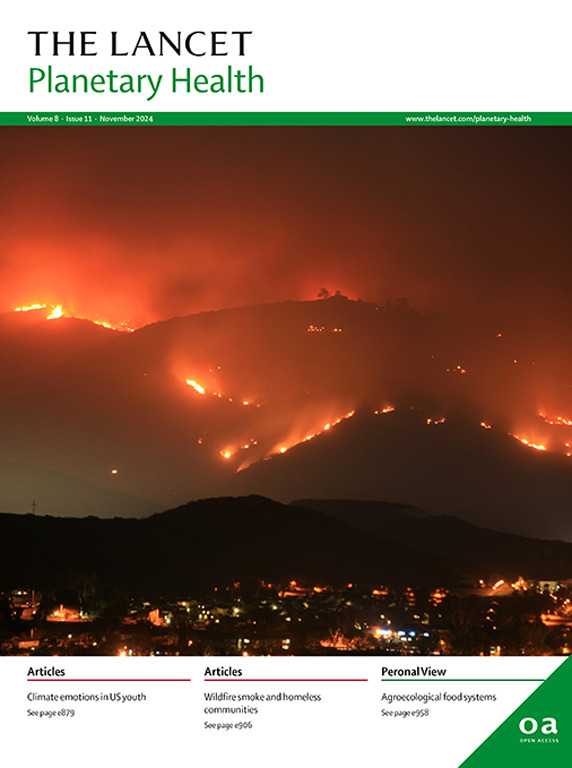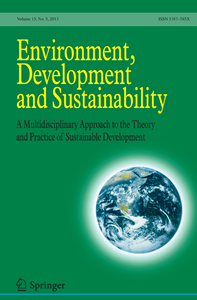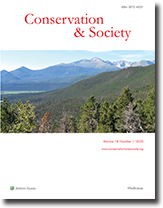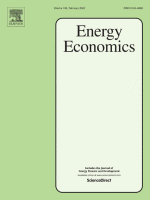Achieving allocative efficiency using economic instruments for pollution control: The case of the Indian thermal power sector
Speakers:
Resham NagpalIEG
Abstract:- Allocative efficiency in a thermal power sector can be defined as the equalisation of marginal abatement costs (MACs) across power plants for a given emission cap. It can be achieved by using economic instruments such as an emission tax and a market for emission permits. In the context of the by-production approach to modelling emission-generating technologies (Murty, Russell, and Levkoff (JEEM 2012)), we provide a novel methodology for computing the MAC of a power plant using a dual linear program in a non-parametric DEA framework. This is implemented empirically to compute the common MAC in the Indian thermal power sector when it operates with allocative efficiency given an emission cap. The common MAC can be interpreted as an estimate of the equilibrium permit price in a market for tradable permits or the emission tax that can alternatively be employed to implement the desired emission cap. For the existing aggregate level of CO2 emission by this sector, an estimate of this common value of MAC is 4186 INR (59 USD or 50 Euros) per metric tonne of CO2. The loss of electricity generation in this sector due to both technical and allocative inefficiency is estimated to be 61088 GWH, which is approximately 15.5% of the current level of electricity generation. The cost of reducing CO2 by 10% in terms of loss in electricity generation is estimated to be 41934 GWH, which is approximately 9.2% of the total electricity generation.
Co-author: Prof. Sushama Murty (JNU)







